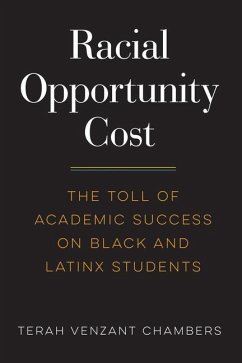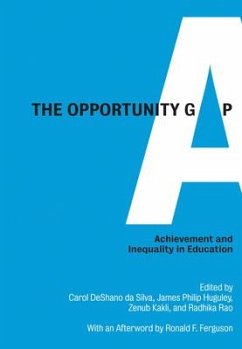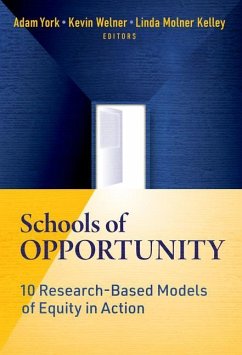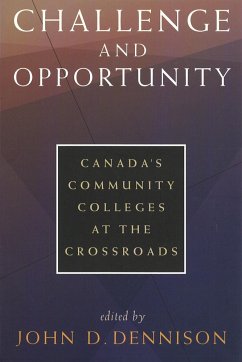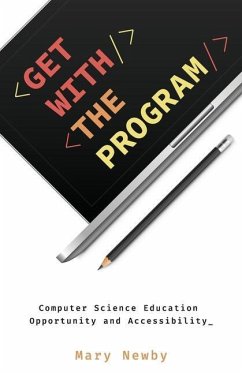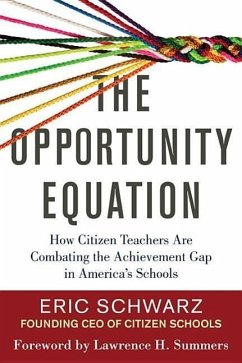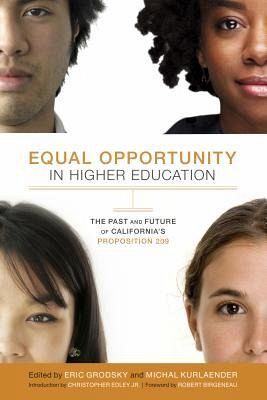
Equal Opportunity in Higher Education
The Past and Future of California's Proposition 209
Herausgeber: Grodsky, Eric; Kurlaender, Michal
Versandkostenfrei!
Versandfertig in über 4 Wochen
31,99 €
inkl. MwSt.

PAYBACK Punkte
16 °P sammeln!
This timely book examines issues pertaining to equal opportunity—affirmative action, challenges to it, and alternatives for improving opportunities for underrepresented groups—in higher education today. Its starting point is California’s Proposition 209, which ended race-based affirmative action in public education and the workplace in 1996. The book carefully considers how Proposition 209 reflects national trends that have changed higher education policy and practice, from admissions to student diversity to standards. With a roster of leading scholars and administrators—including Chan...
This timely book examines issues pertaining to equal opportunity—affirmative action, challenges to it, and alternatives for improving opportunities for underrepresented groups—in higher education today. Its starting point is California’s Proposition 209, which ended race-based affirmative action in public education and the workplace in 1996. The book carefully considers how Proposition 209 reflects national trends that have changed higher education policy and practice, from admissions to student diversity to standards. With a roster of leading scholars and administrators—including Chancellor Robert Birgeneau of the University of California, Berkeley, and President Mary Sue Coleman of the University of Michigan—Equal Opportunity in Higher Education is a crucial assessment of one of the most important issues facing higher education.



